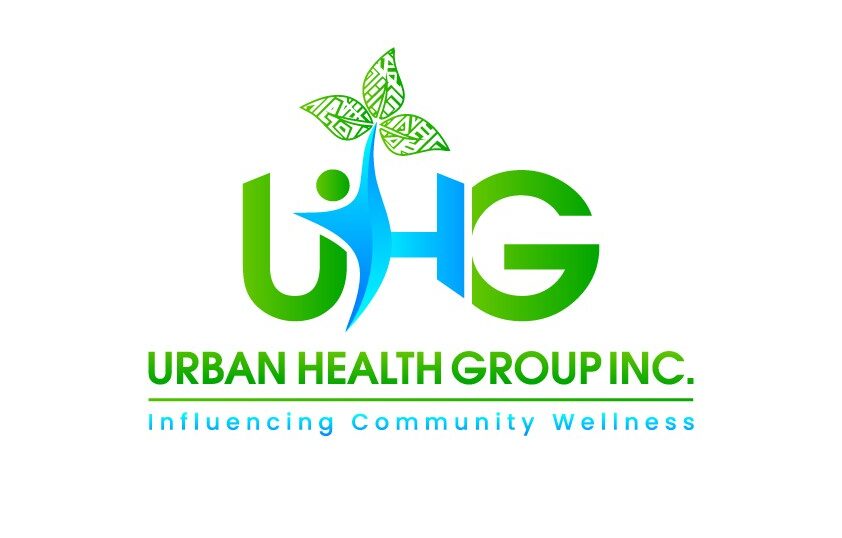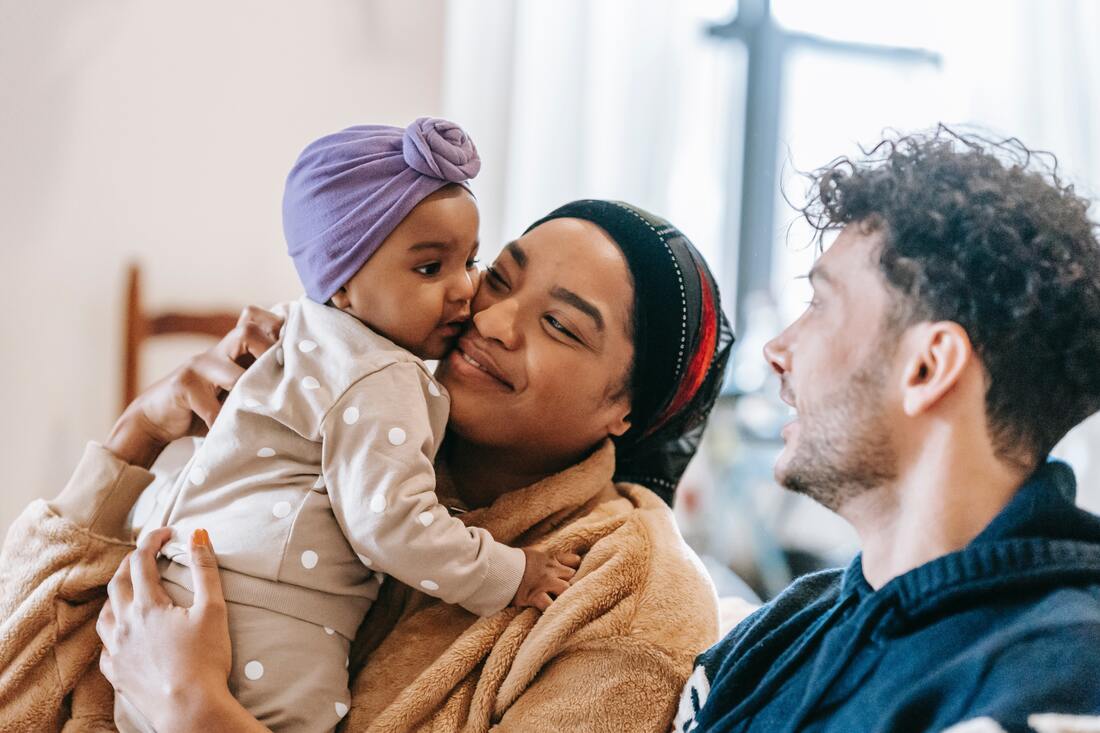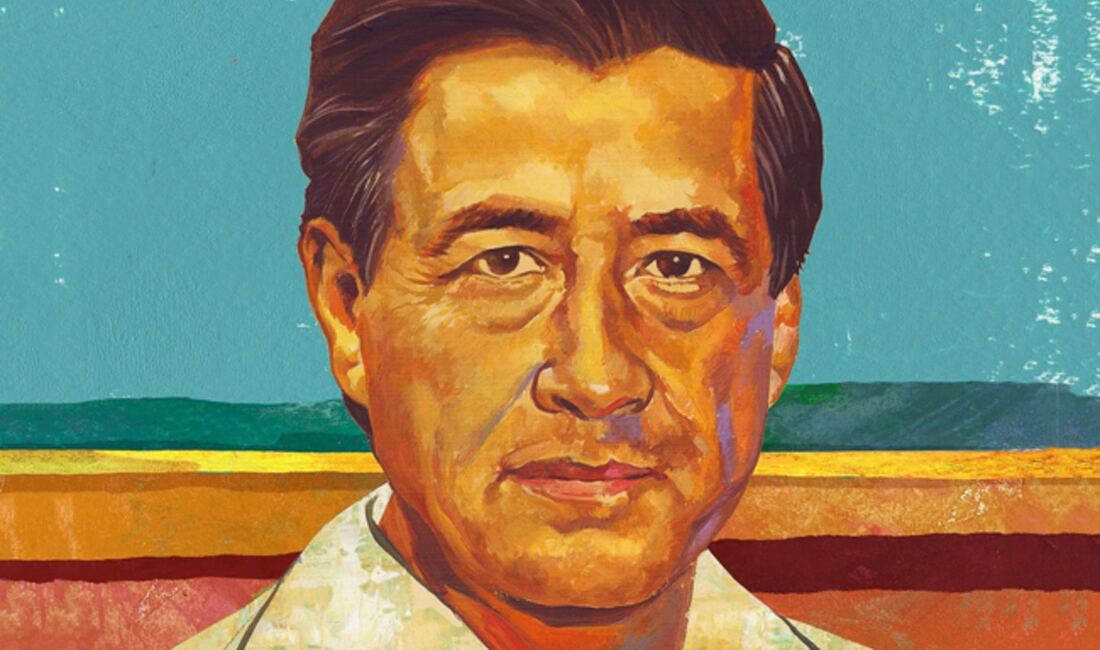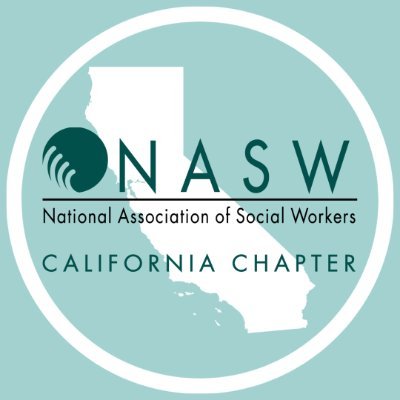
Oakland, CA – Prioritizing Your Care in the Changing Seasons
We believe that your care should remain a priority year-round. To help you stay engaged in your health and mental health journey during this busy season, we’ve developed a range of programs and resources designed to fit seamlessly into your schedule.

Oakland, CA – Creating a Healthcare Plan: Steps & Importance | Counseling News
 Healthcare is not one-size-fits-all, and your plan shouldn’t be either. A well-constructed healthcare plan, personalized to your unique needs, is a robust tool in your hands. It ensures you get the proper care when needed and can pave the way for optimal mental health.
Healthcare is not one-size-fits-all, and your plan shouldn’t be either. A well-constructed healthcare plan, personalized to your unique needs, is a robust tool in your hands. It ensures you get the proper care when needed and can pave the way for optimal mental health.
Understand Your Health Needs
The first step in creating a healthcare plan is understanding your health needs. A general health check-up and mental health screening can help identify potential health concerns or areas for improvement. At Urban Health Group, we can help you take this first step with our dedicated team of licensed counselors and psychotherapists.
Set Health Goals
Once you understand your health needs, the next step is setting health goals. Goals may include improving mental health, reducing stress, or managing a chronic condition. At Urban Health Group, we’ll help you define these goals and build an achievable roadmap.
Choose the Right Providers and Services
Finding providers who align with your needs and preferences is critical. This could include a psychiatrist for mental health support, a nutritionist for dietary guidance, or a therapist for emotional wellness. Our experts at Urban Health Group offer various services to help you meet your goals, including end-of-life support, psychotherapy, and health education classes.
Implement and Monitor Your Plan
Finally, it’s time to implement your plan and monitor its progress. Regular check-ins with your healthcare providers ensure your plan’s success. Urban Health Group is here to help you at every stage, from implementation to ongoing monitoring. As a result, you won’t have to worry about driving your healthcare plan in the wrong direction.
Importance of a Healthcare Plan
Creating a personal healthcare plan is not just about addressing immediate health concerns; it’s about taking a proactive approach to your well-being. This not only reduces stress but also helps in making informed choices and taking control of your health journey.
A healthcare plan is particularly critical in the context of mental health. It can ensure timely and appropriate care and promote a comprehensive approach to wellness. This includes psychological, social, and physical aspects, which, in unison, are key to optimizing for a fulfilling life. This is where Urban Health Group shines with our focus on mental health support and healthcare navigation.
At Urban Health Group, we understand everyone’s healthcare journey is unique. That’s why we offer boutique-style services tailored to your needs, whether you’re in Castro Valley, CA, or the surrounding area.
Don’t leave your health to chance. This can result in outcomes you might not want to face down the line. Let’s craft a personalized healthcare plan together. With Urban Health Group, you have a dedicated team on your side, equipped with the expertise to navigate the complexities of healthcare and help you reach your goals.
Reach Out to Urban Health Group
Creating a comprehensive healthcare plan may seem daunting, but with the proper guidance and support, it doesn’t have to be. Reach out to Urban Health Group today. Let us help you navigate this critical journey, reduce your stress, and empower you with the care you deserve. Your health is our priority. Let’s craft your personalized healthcare plan together.

Alameda CA – Urban Health Group 7th Anniversary in July | Health & Wellness News
Urban Health Group: Seven Years of Dedicated Service
July marks a special milestone for Urban Health Group (UHG) as we celebrate our 7th anniversary serving Alameda, CA, and the broader East Bay Area. Since our establishment, we have been dedicated to empowering individuals and communities to navigate their health and wellness journeys confidently and effectively.
Our Journey So Far
Over the past seven years, UHG has evolved and grown, remaining steadfast in our mission to provide mental health services to our community. Our holistic approach extends beyond traditional healthcare navigation. We strive to be a beacon of support, aiding individuals, families, and communities in managing medical emergencies and promoting overall wellness.
Our work empowers Black, Indigenous, and People of Color (B.I.P.O.C.). We pride ourselves in providing culturally responsive care and the resources necessary to enhance and maintain their health and wellness.
Highlights and Achievements
Among the highlights of our journey has been the development of our ‘Plan Well for Care’ course. This initiative provides invaluable education and resources for adults to navigate healthcare decisions effectively, offering peace of mind for themselves and their loved ones.
Additionally, our mental health support services have significantly impacted our community. We have assisted countless individuals through counseling and psychotherapy sessions, helping them manage various mental health issues and build resilience.
We have also taken steps to influence community wellness through regular events and workshops. These activities provide a platform for collaborative learning, mutual support, and forging connections, which are integral in promoting community-wide health.
Looking Ahead
While we celebrate our accomplishments, our eyes are set firmly on the future. We will continue enhancing our existing programs while exploring new opportunities to impact our community positively.
Specifically, we aim to expand our corporate healthcare consultation services. By advising corporations, programs, and advisory committees on medical care, behavioral health, product development, and consumer advocacy, we strive to make a broader societal impact.
Celebrating with the Community
Our anniversary is a time to give thanks to our community, whose trust and support have been instrumental in our journey. We will be marking this milestone with a series of celebratory events throughout July.
We invite you all to join us as we celebrate this landmark in our journey. Stay tuned for more details about our anniversary events on our social media platforms and website.
Continuing Our Commitment
As we celebrate our 7th anniversary, our commitment to the community remains unwavering. We are passionate about continuing to provide vital healthcare navigation and mental health services for everyone, especially those most vulnerable or marginalized.
Urban Health Group is here for you whether you reside in Alameda, Castro Valley, San Leandro, Oakland, Hayward, Fremont, Pleasanton, Dublin, Berkeley, or beyond. Our virtual, boutique-style healthcare concierge is ready to guide you through your healthcare journey, reducing stress and enabling you to make informed decisions for the care you deserve.
As we mark this milestone, we invite you to join us in celebrating and furthering our mission. Connect with Urban Health Group today, and let’s continue this journey toward health and wellness together.

Castro Valley, CA – Local Healthcare Counselor Offers EMDR Consultation Services
 Eye Movement Desensitization and Reprocessing (EMDR) is an evidence-based psychotherapy approach proven effective in helping individuals overcome trauma and stress-related disorders. Developed in the late 1980s, EMDR therapy focuses on addressing past traumatic events and reducing the impact of those experiences on the individual’s present life. As a mental health service provider in the Bay Area, Urban Health Group offers EMDR consultation services in Castro Valley, CA, to support individuals dealing with trauma and stress.
Eye Movement Desensitization and Reprocessing (EMDR) is an evidence-based psychotherapy approach proven effective in helping individuals overcome trauma and stress-related disorders. Developed in the late 1980s, EMDR therapy focuses on addressing past traumatic events and reducing the impact of those experiences on the individual’s present life. As a mental health service provider in the Bay Area, Urban Health Group offers EMDR consultation services in Castro Valley, CA, to support individuals dealing with trauma and stress.
How EMDR Therapy Works
EMDR therapy consists of eight distinct phases, during which the client works closely with the therapist to identify, process, and desensitize distressing memories. This is achieved through a process called bilateral stimulation, which typically involves eye movements, auditory tones, or tactile stimulation.
The primary goal of EMDR therapy is to help individuals integrate and process their traumatic experiences, allowing them to develop new adaptive beliefs about themselves and their environment. This can lead to lasting improvements in mental health and overall well-being.
Benefits of EMDR Consultation Services
EMDR consultation services can provide numerous benefits for individuals struggling with trauma and stress-related disorders. Some of the key advantages include:
- Effective Treatment: EMDR therapy has been extensively researched and is recognized as an effective treatment for Post-Traumatic Stress Disorder (PTSD) by organizations such as the American Psychological Association (APA) and the World Health Organization (WHO).
- Wide Range of Applications: Besides PTSD, EMDR therapy can benefit individuals dealing with various mental health concerns, including anxiety, depression, and phobias.
- Accelerated Healing: EMDR therapy can rapidly improve symptoms, often resulting in shorter treatment duration than traditional talk therapies.
- Client-Centered Approach: EMDR consultation services emphasize the client’s active role in their healing process, encouraging self-awareness and personal growth.
EMDR Consultation Services in Castro Valley, CA
At Urban Health Group, our experienced healthcare counselor offers EMDR consultation services to individuals in Castro Valley, CA, and the surrounding Bay Area. Our counselor is trained in EMDR therapy and is committed to providing a safe, supportive environment for clients to address their traumatic experiences.
Our EMDR consultation services are customized to meet each client’s unique needs, ensuring the therapy process is tailored to promote optimal healing and personal growth.
How Urban Health Group Can Support Your Journey
By choosing Urban Health Group for EMDR consultation services, you will have access to a skilled and compassionate healthcare counselor dedicated to helping you overcome the challenges posed by trauma and stress-related disorders. Our team is committed to providing comprehensive mental health support and will work closely with you throughout your EMDR therapy journey.
If you or someone you know is struggling with trauma, stress, or other mental health concerns, consider EMDR consultation services offered by Urban Health Group in Castro Valley, CA. Our experienced healthcare counselor is ready to help you navigate the healing process and achieve lasting improvements in your mental health and overall well-being. Contact Urban Health Group today to find out more about this innovative treatment and get started on the road to a happier life.

San Leandro CA – Overview of Our Healthcare Navigation Support Planning Services
 If you don’t know or don’t care where you’re going, any road will take you there. The metaphor extends into our lives when it comes to our health. If you aren’t aware of certain health-related issues on your horizon, the road you’re on might inadvertently take you there and add complications to your life without warning.
If you don’t know or don’t care where you’re going, any road will take you there. The metaphor extends into our lives when it comes to our health. If you aren’t aware of certain health-related issues on your horizon, the road you’re on might inadvertently take you there and add complications to your life without warning.
That’s why working with a medical professional and receiving healthcare navigation support planning services is crucial for keeping yourself well and staying away from future health ailments and conditions.
What Are Healthcare Navigation Support Planning Services?
Healthcare navigation support planning services allow for an individual to create a customized plan to maintain their good health, as well as accounting for the future and their future care needs.
Working with a medical professional or qualified counselor, an individual will receive education and planning services, as well as support and advocacy during emergencies.
For individuals with a greater life expectancy, planning might include long-term planning that addresses probable future diseases, ailments, and conditions. Likewise, individuals who are in their twilight years or suffering from a terminal illness will receive support services in the form of end of life planning, ensuring their estate and affairs are in order before they pass.
Urban Health Group – Your Healthcare Copilot
Don’t try to navigate the healthcare industry on your own; trust the professionals at Urban Health Group!
Creating your own healthcare plan is daunting, and many emotions could complicate the planning process as you are tasked with considering the worst-case scenario. The counselors and medical professionals at Urban Health Group have years of experience dealing with circumstances such as these, and they are there to encourage and support you on every step.
Not only will they provide education, including tons of resources to assist in learning more about your health, but they are there during emergencies and serve as an advocate to enact your healthcare plan. They help you come up with the roadmap towards your good health and represent those interests to other medical professionals to ensure you get what you need in a medical setting.
There’s No Time Like the Present
No one wants to think about their own mortality, nor do they wish to picture their loved ones in failing health. The fact of the matter is that we all must accept our fate, and the best way to ensure we live our longest, healthiest lives is to consider our health today and create a plan to help us stay healthy for the long haul.
It is at times difficult creating a health plan that speaks to various worst-case scenarios, and end of life planning could be especially dismal. However, it is still imperative that it is taken care of, and Urban Health Group’s highly qualified staff makes the matter more approachable and easier to handle thanks to their expert insight and experience.
Call Urban Health Group now and find out more about healthcare navigation support planning services.

Alameda, CA – Psychotherapist Discusses End-of-Life Planning Steps to Take
![]() Planning and preparation become essential components to smooth sailing as we journey through life. As psychotherapists, we have the privilege of accompanying our clients through various stages of life. We’ve recognized the often overlooked importance of planning in one area: end of life. This topic may feel discomforting or daunting to many, but it’s crucial to address. Below is a breakdown of end-of-life planning steps to bring peace and assurance to both the ones facing the end of life and your loved ones.
Planning and preparation become essential components to smooth sailing as we journey through life. As psychotherapists, we have the privilege of accompanying our clients through various stages of life. We’ve recognized the often overlooked importance of planning in one area: end of life. This topic may feel discomforting or daunting to many, but it’s crucial to address. Below is a breakdown of end-of-life planning steps to bring peace and assurance to both the ones facing the end of life and your loved ones.
1. Acknowledging the Topic
Death is a natural part of life, and accepting this reality can help approach the planning process with a sense of calm and openness. Start by having open conversations with your loved ones and healthcare professionals about your wishes and concerns. This can create a supportive environment fostering understanding and respect for one’s end-of-life decisions.
2. Advance Care Planning
This part of the planning process involves making decisions regarding the medical care and treatment you would like to receive if you can’t communicate your preferences. It consists in creating a living will and designating a trusted person as your healthcare proxy— stating your medical preferences. These preferences include life-sustaining treatments you may or may not want to receive in case of a medical emergency. The healthcare proxy, or durable power of attorney for healthcare, is the person you appoint to make medical decisions on your behalf if you cannot do so in these situations— an important step in pre-planning matters related to health decisions.
3. Legal and Financial Affairs
In addition to medical decisions, addressing legal and financial matters at the end of life planning is essential. This includes creating or updating important documents, such as a will, trust, and power of attorney for finances. These documents will ensure your assets and possessions are managed and distributed according to your wishes. Working with legal and financial professionals can help to navigate these processes more efficiently and ensure all matters are handled appropriately— without the potential interpersonal family issues you leave behind.
4. Funeral and Memorial Arrangements
Preparing for funeral and memorial services can provide a sense of closure and comfort for you and your loved ones. This planning process may involve choosing between burial and cremation, selecting a funeral home, and specifying the desired funeral or memorial service details. Even though this process is difficult to think about, you can alleviate the stress of these arrangements from your loved ones during a time of grief by taking proactive steps.
5. Emotional and Psychological Support
End-of-life planning isn’t just about legal and logistical arrangements; it also includes addressing the emotional and psychological needs of ourselves and our loved ones. You can access this support through various avenues, such as support groups, individual therapy, hospice care, and spiritual guidance. These resources aid in fostering a sense of comfort and reassurance amidst the uncertainty and emotional intensity often accompanying end-of-life experiences.
At Urban Health Group, we recognize end-of-life planning is a cherished priority for many families. Our experienced professionals strive to provide compassionate services to help you navigate the complex decisions of this final stage of life. We take the time to listen, understand your goals and objectives, and tailor our guidance to your specific situation. If you live in Alameda, CA, let us assist you during this challenging process with respect and understanding.

Alameda CA – Overview: Corporate Health & Wellness Programs | Psychotherapy News
 Corporate health and wellness programs are becoming increasingly popular as more and more companies recognize the benefits of investing in the well-being of their employees. These programs can take many forms, from on-site fitness facilities and group fitness classes to mental health resources and preventative care initiatives. By offering these resources and encouraging employees to adopt healthy lifestyles, companies can help to reduce healthcare costs, improve productivity and performance, and create a positive and supportive work environment.
Corporate health and wellness programs are becoming increasingly popular as more and more companies recognize the benefits of investing in the well-being of their employees. These programs can take many forms, from on-site fitness facilities and group fitness classes to mental health resources and preventative care initiatives. By offering these resources and encouraging employees to adopt healthy lifestyles, companies can help to reduce healthcare costs, improve productivity and performance, and create a positive and supportive work environment.
This blog post will take a closer look at corporate health and wellness programs and the benefits they can provide for both companies and employees.
Benefits of corporate health & wellness programs
One of the main benefits of corporate health and wellness programs is that they can help improve employees’ physical health. Regular exercise and physical activity can reduce the risk of chronic conditions such as obesity, heart disease, and diabetes and can also help to improve mental health and overall well-being. By providing employees with access to fitness resources and encouraging them to adopt healthy lifestyles, companies can help to reduce healthcare costs and improve the productivity and performance of their workforce.
In addition to physical health, corporate health and wellness programs can also help improve employees’ mental and emotional well-being. Stress, anxiety, and depression are common issues that can affect anyone and negatively impact both personal and professional life. By offering access to mental health resources, such as therapy and counseling, companies can help support their employees’ emotional well-being and create a more positive and productive work environment.
Another benefit of corporate health and wellness programs is that they can help to create a sense of community and support within the workplace. By offering wellness workshops and events, companies can allow employees to learn new skills, connect, and feel a sense of belonging. This can be especially important for employees who may be feeling isolated or stressed and can help to foster a positive and supportive culture within the company.
Investing in employee well-being pays off
Corporate health and wellness programs can also have financial benefits for companies. By investing in the well-being of their employees, companies can help reduce healthcare costs and absenteeism and improve retention rates by creating a positive and supportive work environment. This can help to save money in the long run, as hiring and training new employees can be costly and time-consuming.
Prioritize health for a better workplace
Overall, corporate health and wellness programs are an important investment for companies looking to create a happy, healthy, and productive workforce. By supporting their employees’ physical, mental, and emotional well-being, they can improve employee satisfaction, reduce healthcare costs, and create a positive and supportive work culture. These programs provide a comprehensive approach to employee wellness, from on-site fitness facilities and mental health resources to preventative care and work-life balance initiatives. They ultimately lead to a more successful and sustainable business. Companies that prioritize the health and well-being of their employees are likely to see a range of benefits, including increased productivity, improved retention rates, and a more positive work environment.

Oakland, CA – Basics of an End-of-Life Plan from an East Bay Area Psychotherapist
Many people put off end-of-life planning until it’s too late. However, if you take the time to plan for your end of life, you can make the process much easier for your loved ones.

Cheers to Ending Mental Health Stigma
Mental illness stigma is higher among Black, Indigenous, People of Color.

Working Healthily: Exercises for Remote Workers.
As we wrap up Global Employee Health and Fitness month, we want to highlight some important facts and exercises to keep you healthy while you work!

I am Tired
It is not just “I missed a few good nights of sleep or had a row of long days at work” tired; but I am mentally and physically exhausted and I’m not sure how the shell of myself is waking up every morning and making it another day. No amount of sleep, food, water, or supplements has managed to restore my complete depletion of energy.

3 Things A Fertility Nurse Wants You to Know
We are keeping the discussion on Infertility going!

Address that Stress!
Stress.
I’m going to ask you to take a moment and just acknowledge whatever pressure you may be currently under. Just let your mind gather it all, take a metal tally.

We celebrate “Minority Health” EVERY month!
You may have noticed that every month there is a National Something Month here in the U.S.. My personal favorites are “ National Donut Day” and “ National Taco Day” celebrating some of the tastiest foods and desserts. It’s fun…and encourages me to go out for a donut or a few tacos.

Cesar Chavez: A Champion for Essential Workers…before it was cool.
Happy Birthday, Cesar! Cesar Chavez Day is a U.S. federal commemorative holiday, proclaimed by President Barack Obama in 2014.The holiday celebrates the birth and legacy of the civil rights and labor movement activist César Chávez on March 31 every year.

Let’s Talk Blood Donation for BIPOC
There is a great need for BIPOC Blood Donors.
To be honest, the only time I was asked to donate blood was in high school and one time in college. Donating blood is not something I think about much at all.

Tips for Better Sleep and Brain Health
The brain is the most complex organ in our bodies, it’s also the heaviest. Your brain is actually pretty active even when you sleep. How do we “turn off” at the end of the day when our brain stays awake? No need to share how critical sleep is…think back on the days that you only got a couple hours of sleep before getting up for work or school.


